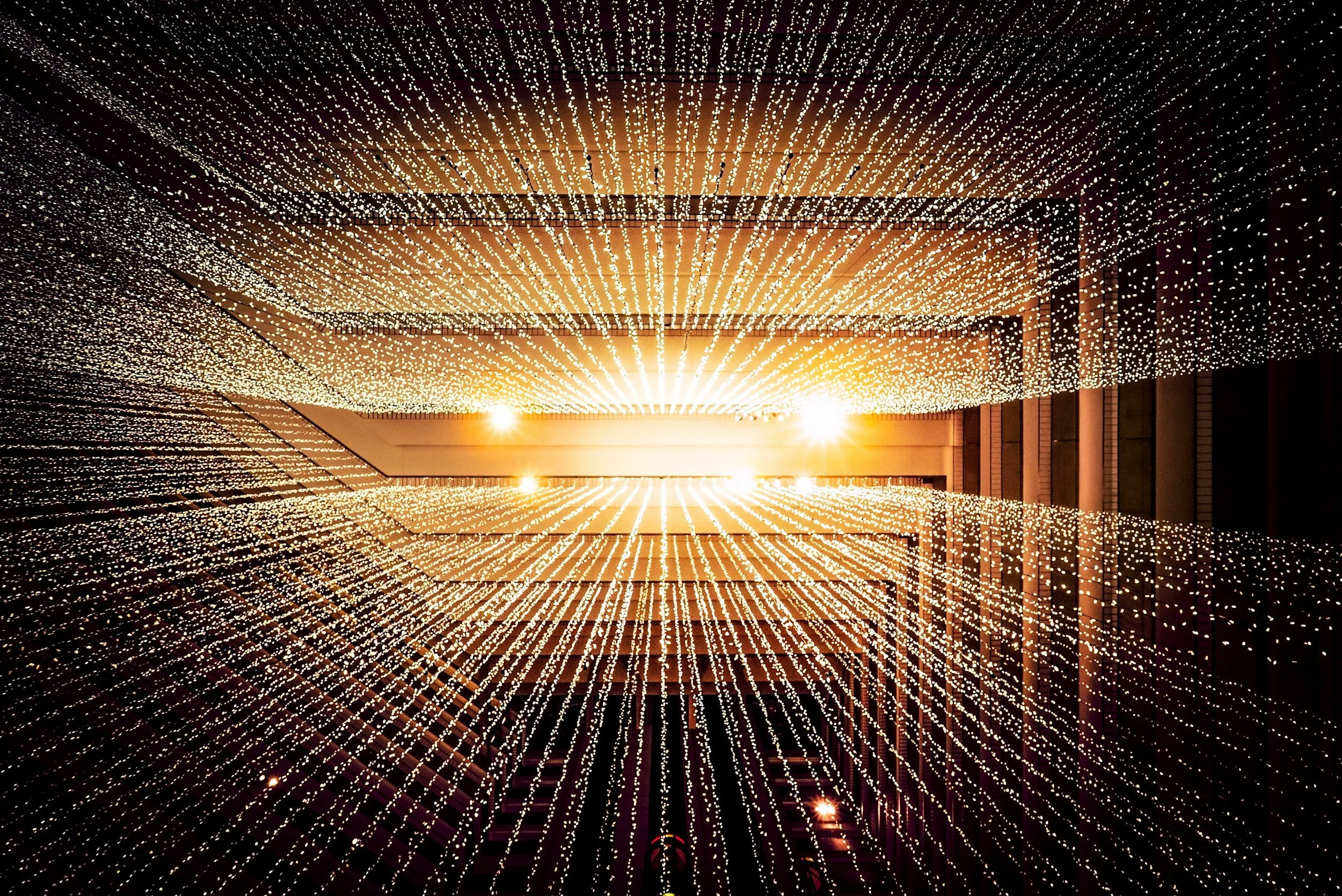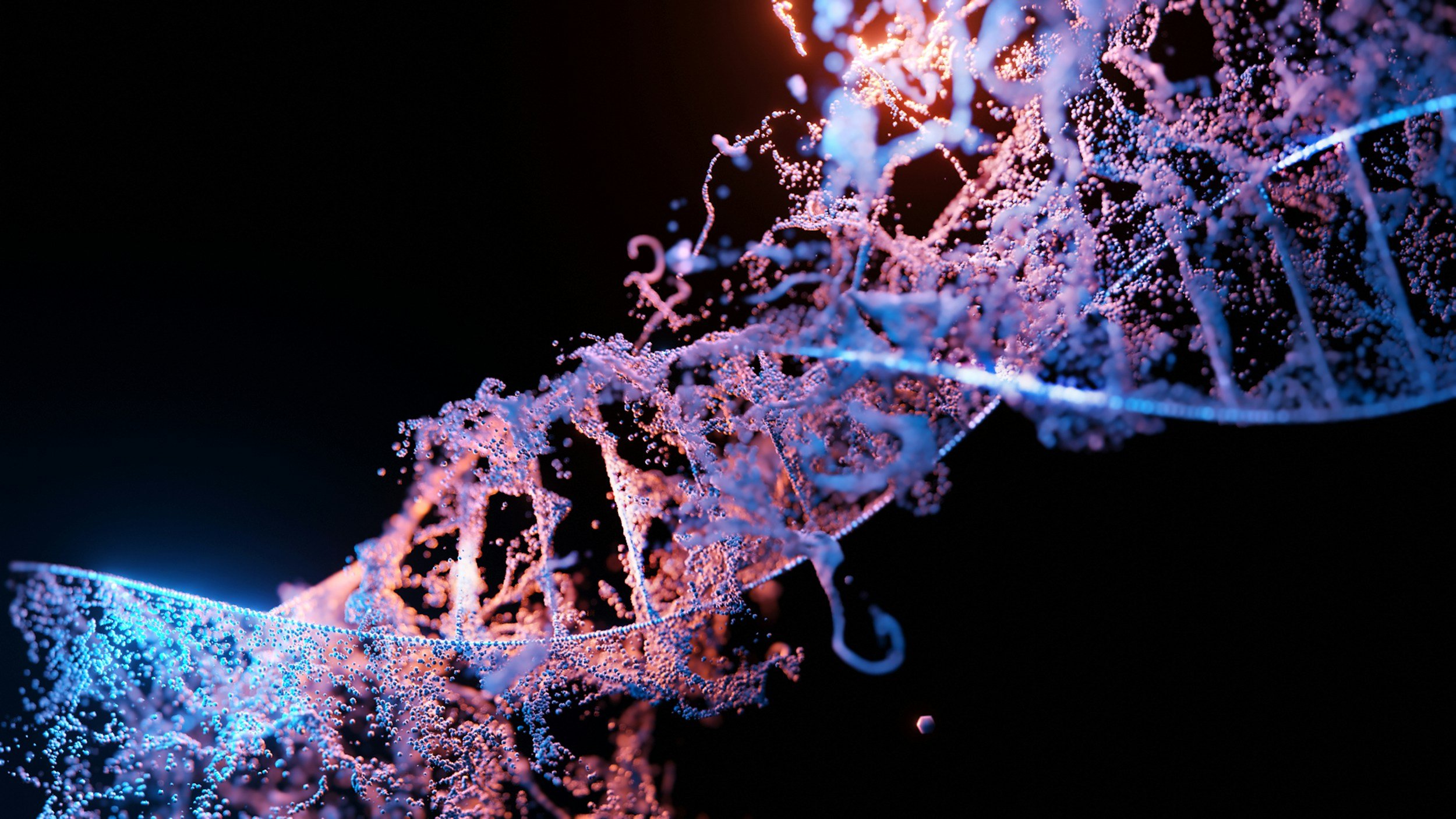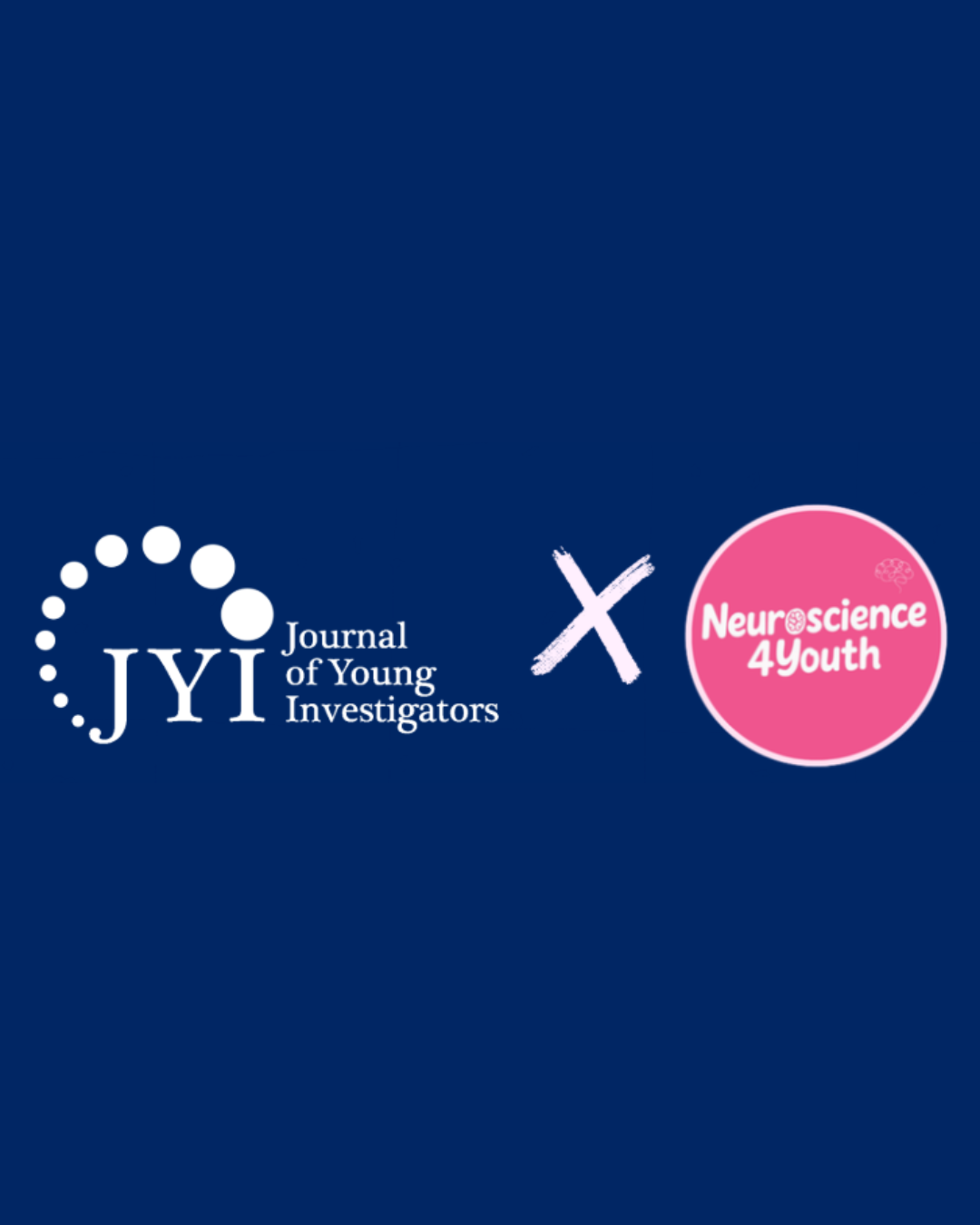Accepting Special Issue Submissions Now
Socioeconomic Disparities in Healthcare Access Special Issue
Deadline extended to Apri 15, 2026
Updates from JYI
Undergraduate Research Funding Available Learn more here.
Best of JYI 2021 & 2022 is available now! Read the Special Issue here.
Are you able to speak English and one other language? Consider joining JYI's Translations Department! Learn more here.





